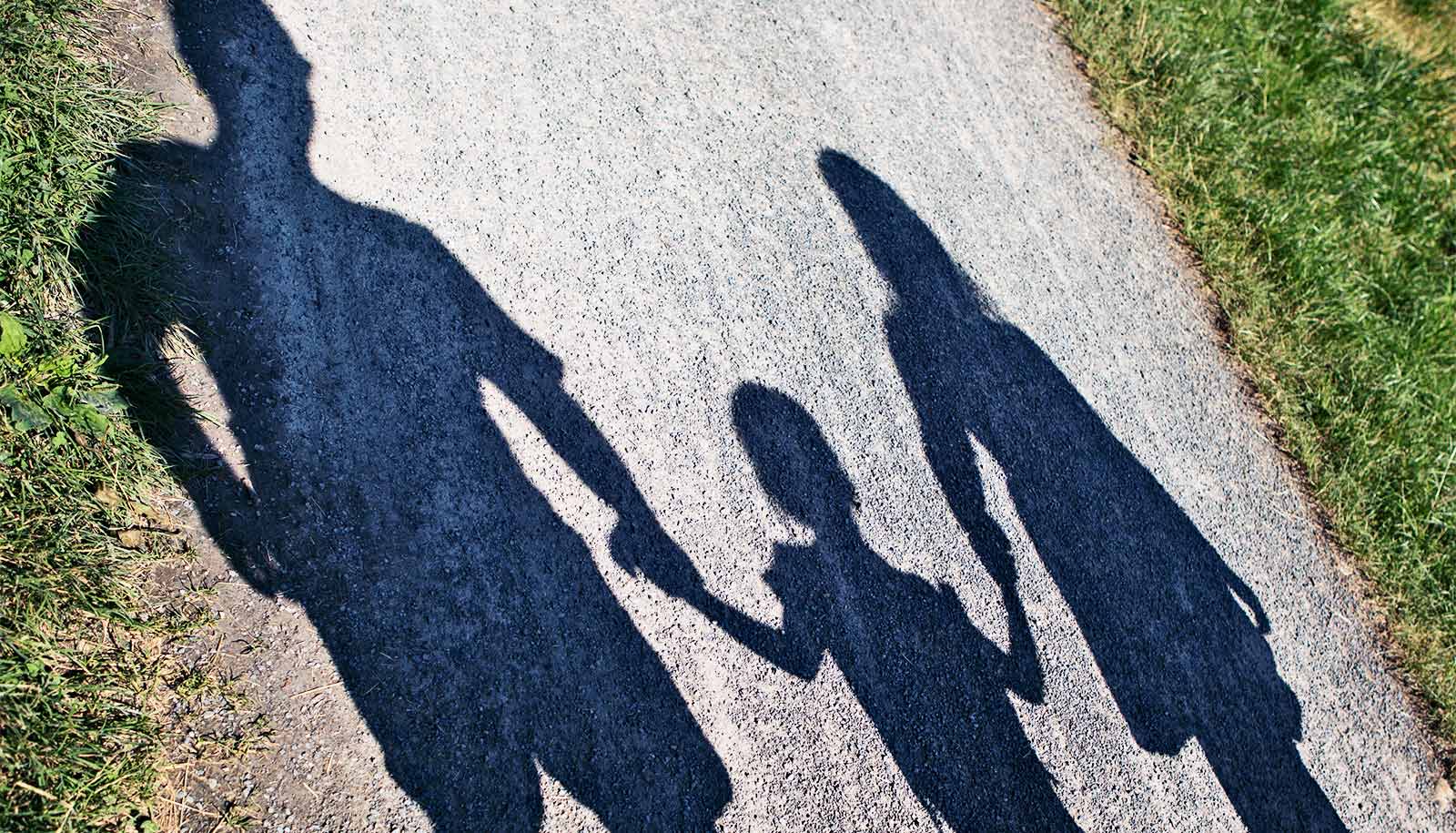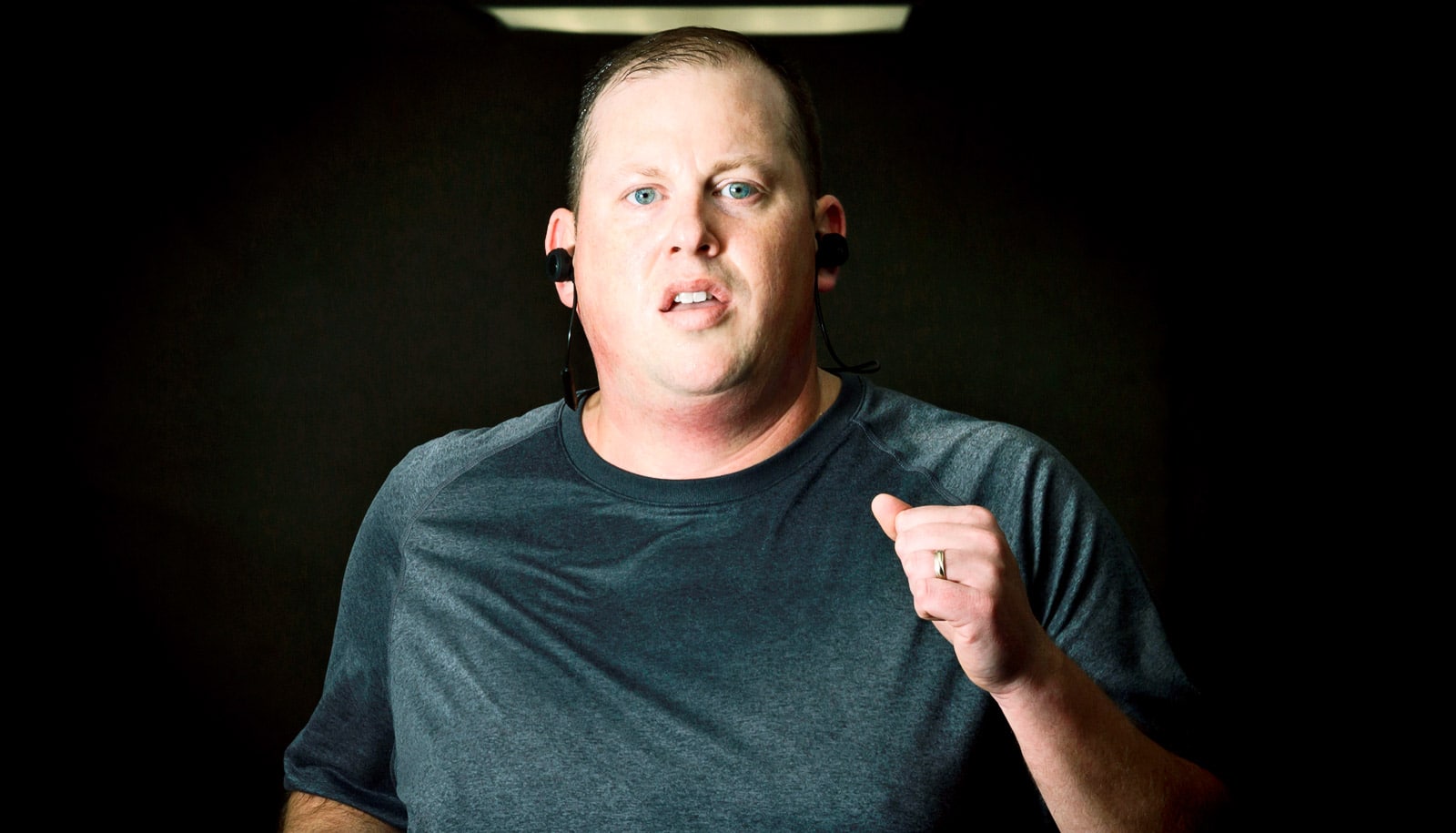For parents and caregivers of children with obesity or at risk of obesity, the information on the issue can be overwhelming. Is it a dietary problem? Is it genetics? Or does your kid simply need more exercise?
In truth, pediatric obesity is far more complicated than any single problem or solution. Children’s brains aren’t fully developed, so methods that may help adults rarely apply to kids. In addition, since children are not autonomous individuals—both legally and developmentally—solving the problem requires a collective effort involving a child’s entire support system.
Familiarizing yourself with the latest research and trends in pediatric obesity is a good place for caregivers to start. Here, Stephen Cook, associate professor of pediatrics at the Golisano Children’s Hospital at the University of Rochester Medical Center, answers some common questions on the issue:
Is my child obese?
This may seem like a straightforward question and answer, but it isn’t. First, parents should be considerate about the language they use to describe their child’s condition to avoid stigmatization. Obesity is a disease, not an identity: “We should really be saying ‘my child has obesity’ rather than ‘my child is obese,'” Cook says.
Second, determining obesity may appear as simple as having your child stand on a scale and looking at a BMI chart, but in truth, parents need their family pediatrician to decide. This is even more important for prepubescent children, since pediatricians can refer to your child’s growth chart to make a determination. Your pediatrician should be actively following the growth chart and see if the child is gaining weight too rapidly for their age and height. Families should consider making changes as early as four or five years old if your child is gaining more weight than expected.
Why should adjustments be planned so early? Because a child’s growth curve affects their metabolism, according to Cook.
“If you make a slight change now, you will have a much better long-term projection for the child than when they have severe obesity later and small changes won’t matter as much,” he says.
How can I help my child lose weight?
The first thing to understand is that your child should not be alone in this process. “This is not a personal choice,” Cook says. “Changes can’t be left to the individual, it has to involve the whole family.”
This collective approach has to start as early as possible once the problem has been identified by the pediatrician. Family-wide interventions include reducing exposure to screens and spending more time outside, limiting fast food, and engaging in more meal planning.
Parents should also be part of the process of healthy eating, and limit their own junk food intake even if they do not intend to share with their children.
“When parents can see their own benefit in addition to the child, then it’s easier for them to be a role model,” says Cook.
For older children, these family-wide efforts might require more than lifestyle changes, and could necessitate significant behavioral and mental health interventions—more on that below.
Do I need a child nutritionist?
The short answer: not necessarily. Cases of pediatric obesity have far more to do with behaviors, habits, and biology than dietary choices.
“We treat kids like small adults, but we can’t assume a teenager with an adolescent brain is going to function like a weight-watchers mom,” says Cook. This goes for new online tools or apps that ask kids to track what they eat and organizes their food consumption into good and bad categories. While these apps are generally based on good evidence, according to Cook, no kid should have to assume all the personal burden.
Instead, behavioral health experts should be more involved in the process, both in supporting children, families, and caregivers to maintain lifestyle changes, but also helping to identify related issues in children such as stress or depression.
“Some kids might have mental health issues that aren’t recognized by an app, and while dieticians have a very strong nutritional knowledge base, many do not have the training to identify the emotional problems that people with obesity are dealing with,” he says.
What about the genetics in obesity? If I have struggled, will my child also struggle?
While genetics can influence how obesity develops in children, adverse life experiences can also affect a person’s genetic expression.
“We used to think weight was more than 50% due to genetics,” says Cook, “but exposure impacts our genetic expression more than we thought.”
Cook uses the analogy of the thermostat: an average person has an upper and lower range of weight possibilities based on their genes, but everything from personal trauma to a mother smoking during pregnancy can stretch the upper limit of that range.
In essence, your child is not destined to struggle because you have; there’s a range of possibilities for how they develop. You should, however, seek the help of your pediatrician, and a behavioral health expert also, if you suspect your child’s struggle with obesity is related to a mental/behavioral health issue or depression, because the problems can worsen over time if you don’t intervene.
When should I consider significant intervention, such as weight-loss/bariatric surgery?
In late 2019, the American Academy of Pediatrics (AAP) released new recommendations which stated that some teens with severe obesity should be considered for bariatric weight loss surgery. These recommendations are based on a review of medical evidence showing that bariatric surgery can result in successful weight loss lasting several years. In addition, evidence shows that related conditions—such as diabetes and high blood pressure—can sometimes be reversed after surgery.
Pediatric obesity surgery rates have tripled during the past two decades, but still average fewer than 2,000 operations each year, according to the Associated Press.
Bariatric surgery should be considered when the following conditions are met, according to the guidelines (which Cook agrees with):
- The child is 40 or 50% above the obesity threshold level
- They have comorbid conditions such type 2 diabetes or sleep apnea
- They have psychologically matured, or are at least in early adolescence (12 years or older)
- There has been a thorough examination of the mental and psychological state of the patient and family so everyone can be on board with the surgery
The last point is crucial, since studies of adult surgeries have shown that people with wraparound support benefit from these procedures, otherwise “you’re doing a procedure and leaving them on their own,” says Cook.
Cook also urges parents and caregivers to seek the highest quality pediatric team to support the whole child and family, which could include an experienced surgical team if needed: “We should treat it similarly to the way we treat organ transplants,” he says. “It has to be a high quality surgical team, it has to safe, and it has to be rare.”
In the long term, Cook stresses that there needs to be a wider range of interventions for children before surgery. Adults can be prescribed weight loss drugs combined with lifestyle interventions, but these drugs aren’t currently approved for children or adolescents.
“We have this chasm between behavioral interventions and surgery,” he says. “We need to create a fuller spectrum, and we need to be able to create these care models so the system can support it.”
Source: University of Rochester



